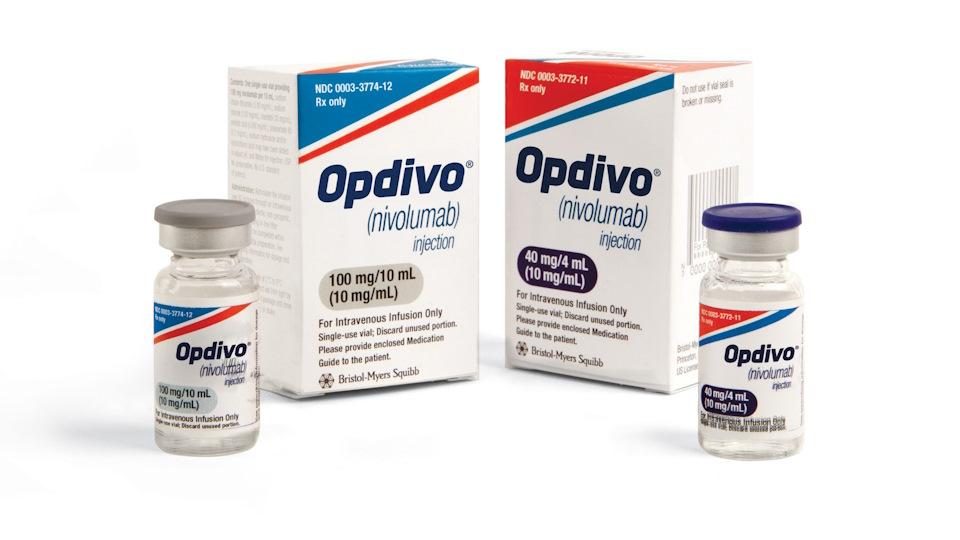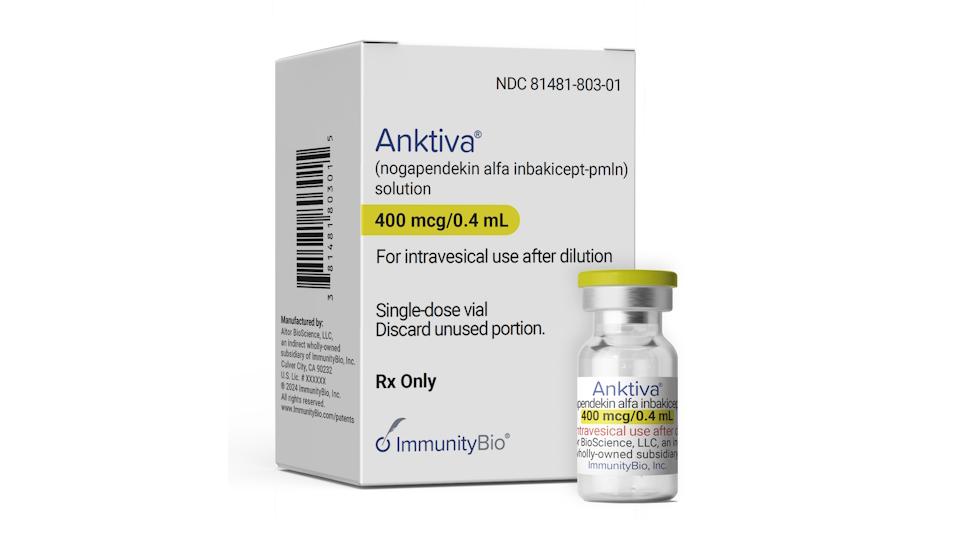BMS chases MSD/Seagen with first-line bladder cancer filing

The FDA has started a priority review of Bristol-Myers Squibb Opdivo in combination with cisplatin as a first-line therapy for advanced urothelial carcinoma (UC), setting an action date of 5th April next year for a decision.
The filing is based on the CheckMate-901 trial, which showed that adding PD-1 inhibitor Opdivo (nivolumab) to standard first-line cisplatin and gemcitabine chemotherapy improved survival in cisplatin-eligible patients with untreated, unresectable, or metastatic UC, the most common form of bladder cancer.
The review has started just a few days after the FDA kicked off a priority review of MSD/Merck & Co’s PD-1 inhibitor Keytruda (pembrolizumab) in combination with Seagen’s nectin-4-directed antibody-drug conjugate (ADC) as a chemo-free option for previously untreated, locally advanced, or metastatic UC.
The FDA is due to deliver a verdict on that application by 9th May, so BMS has a chance to get a green light from the FDA in this setting a little earlier.
If approved, the regimen would be the first immunotherapy-chemotherapy combination approved for this patient population in the US, and could also provide a less costly alternative to the Keytruda/Padcev regimen, which is already approved for patients ineligible for cisplatin. Keytruda on its own, meanwhile, has also been approved for first-line use since 2021, but once again only in patients ineligible for any platinum-based chemo.
Also in the mix is Merck KGaA’s PD-L1 inhibitor Bavencio (avelumab), although, that has a slightly different use as it is approved as a maintenance monotherapy after first-line cisplatin therapy.
At stake is a first-line market that some analysts have projected could be worth several billions of dollars per year in the US and Europe combined.
“The FDA’s acceptance of our application for Opdivo in combination with cisplatin-based chemotherapy represents important progress towards addressing the unmet need for options that may offer durable responses and improved survival for patients with metastatic urothelial carcinoma,” said Dana Walker, BMS’ global programme lead for gastrointestinal and genitourinary cancers.
“There remains a clear need for efficacious first-line treatment options that may potentially help improve outcomes for patients with this hard-to-treat disease,” she added.
Opdivo is already approved for previously treated locally advanced or metastatic UC and as an adjuvant treatment in high-risk early UC following surgical resection.
AstraZeneca’s Imfinzi (durvalumab) and Roche’s Tecentriq (atezolizumab) – both PD-L1 inhibitors – were also previously FDA-approved for UC, respectively in relapsed/refractory patients and as a first-line option of cisplatin-ineligible patients. Both were withdrawn for those indications, however, after failing confirmatory trials.
AZ is trying to get Imfinzi into the first-line setting with the NILE trial, which is testing Imfinzi with chemo, Imfinzi with AZ’s CTLA4 inhibitor Imjudo (tremelimumab) plus chemo, or chemo alone, with results due next year.













